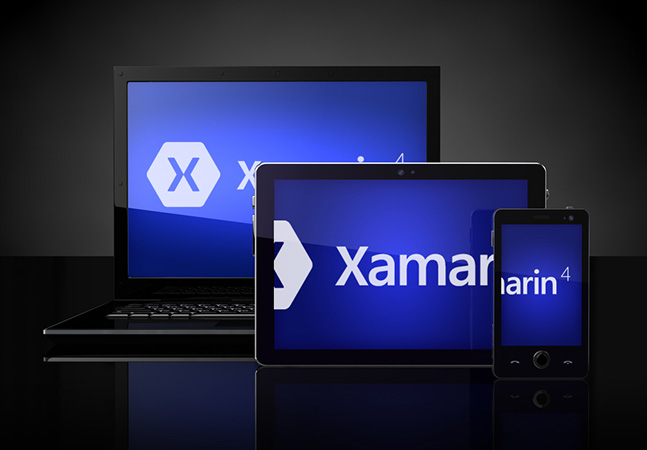
ASP.NET Core OData, which debuted in July 2018, is out in a v8.0 preview that for the first time supports the upcoming .NET 5 milestone release.

In highlighting updates to ASP.NET Core in the just-launched second and final Release Candidate of .NET 5, Microsoft pointed out better debugging for Blazor, the red-hot project that allows for C# coding of web projects.

Having been deemed "feature complete" and "near final" and "go live" for some time now, .NET 5 is out in a second and final Release Candidate, scheduled for a Nov. 10 debut during .NET Conf 2020.

ASP.NET Core dev team puts out GitHub call to action to vote on features wanted in .NET 6 next year, and AOT leads the pack so far.

APIs now work with top mobile platforms, along with watchOS, tvOS, Tizen and desktop platforms: UWP and macOS.

New Bridge to Kubernetes extensions available for Visual Studio and VS Code simplify microservice development by bridging a local dev machine to specific dependencies in remote clusters.

.NET Interactive users can now use a new Visual Studio Code Insiders experience to work with .NET Notebooks, in addition to other notebook options including Jupyter and nteract.

The .NET Foundation announced a new open source project under its direction, the .NET nanoFramework, which allows for C# coding in Visual Studio for constrained embedded devices.

Microsoft's point man on the Blazor project -- and basically the creator of the project -- Steve Sanderson, is detailing performance best practices for the web development framework that uses C# instead of JavaScript.

After a GitHub survey about its .NET open source efforts yielded negative feedback, Microsoft is retooling its efforts for the most problematic repo, Windows Presentation Foundation (WPF).

Microsoft shipped a pre-release version of Xamarin.Forms 5 ahead of a planned transition to MAUI, which will take over beginning with the release of .NET 6 in November 2021.

Microsoft improved the object detection capabilities of its ML.NET machine learning framework for .NET developers, adding the ability to train custom models with Model Builder in Visual Studio.

Here's a takeaway from this week's Ignite 2020 event: An advanced Azure cloud portends the death of the traditional, high-powered dev machine packed with computing, memory and storage components.

To coincide with the Microsoft Ignite 2020 IT pro/developer event, the Visual Studio dev team shipped a new update, Visual Studio 2019 v16.8 Preview 3.1, with the main attraction being support for cloud-hosted Codespaces, now in a limited beta.

With Blazor taking the .NET web development world by storm, one of the first announcements during Microsoft's Ignite 2020 developer/IT event was its new support in Azure Static Web Apps.

The third preview of Visual Studio 2019 v16.8 shows the usual assortment of improvements touching upon productivity for Git, the Roslyn .NET compiler platform, and especially C++.

.NET 5 improves code sharing and replaces .NET Standard except for cases where developers need to extend the reach of their code sharing to support older frameworks such as .NET Framework or share code between specific existing frameworks.

Developers can now feel free to use .NET 5 code in production, as Microsoft has deemed the new Release Candidate 1 a "go live" release ahead of the official debut on Nov. 10 -- after one more release candidate.

The C#-based Blazor web development framework received a performance boost with the new Release Candidate (RC) of the unifying .NET 5, scheduled for one more RC before go-live general availability in November

Thanks to Chris Sainty and Remi Bourgarel, working with local storage from a Blazor application running either in the browser or out of it is relatively easy. Testing your code can be equally easy but only if you set up support the real world of network connections.